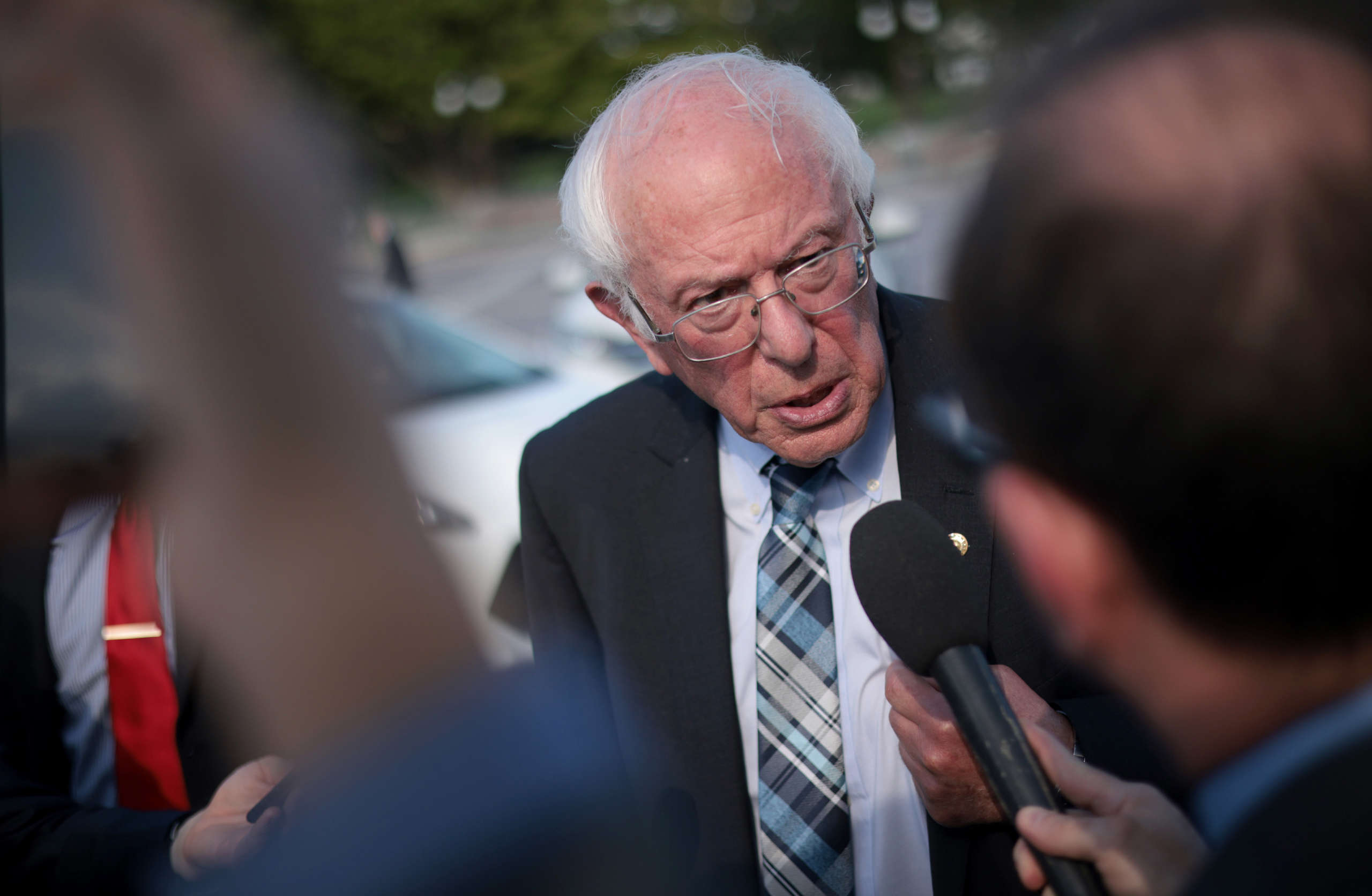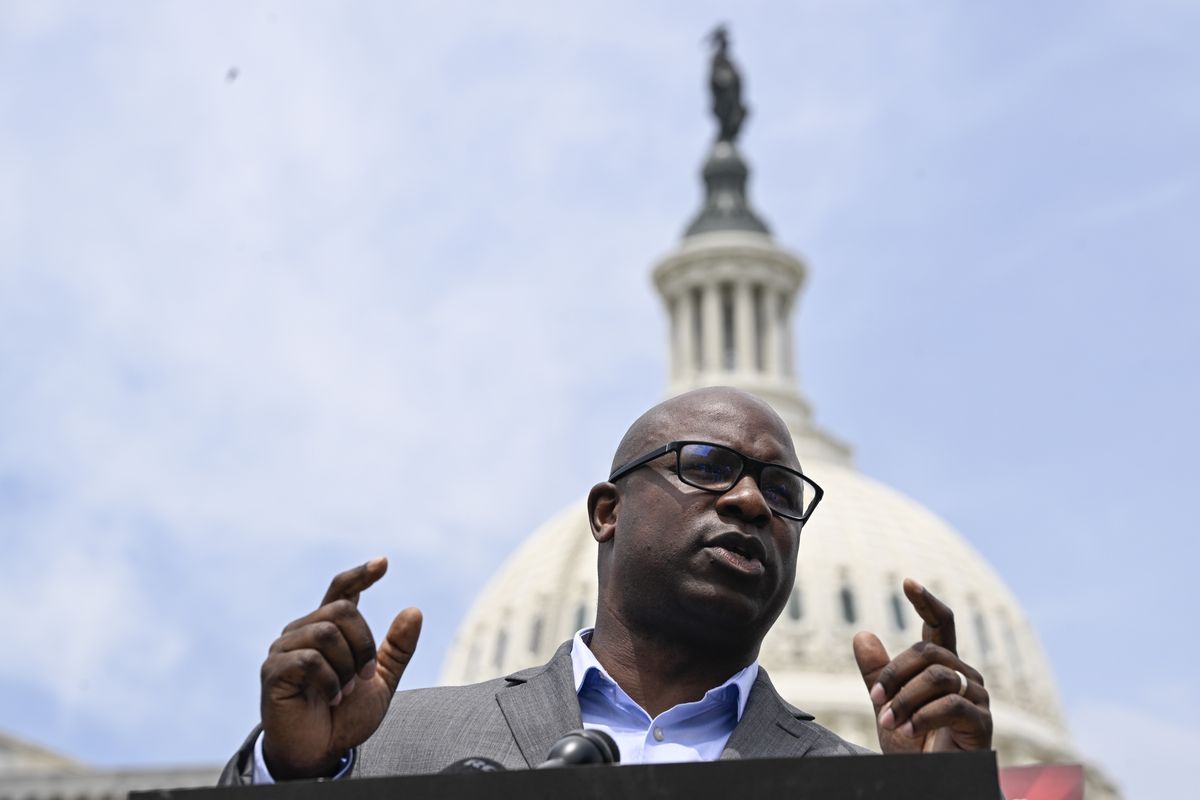The Ending Corporate Greed Act, led by Rep. Jamaal Bowman and Sen. Bernie Sanders.
Ending Corporate Greed Act: Sanders and Bowman Propose 95% Windfall Profits Tax to Curb Inflationary Corporate Practices
Rep. Jamaal Bowman and Sen. Bernie Sanders are leading a push for legislation called the Ending Corporate Greed Act which proposes a 95% windfall profits tax on large corporations exploiting high inflation to boost earnings. The tax targets profits exceeding pre-pandemic averages, adjusted for inflation, applying only to companies with over $500 million in annual revenue until 2026. Sanders emphasized the bill’s aim to curb excessive corporate gains from essentials like gas and food arguing Congress must act to protect consumers.
Bowman echoed Sanders’ concerns noting the bill could have generated $300 billion from just ten large companies last year addressing corporate practices that contribute to inflation. Analysts point to executives openly prioritizing profit margins during earnings calls which they argue drives up prices across the economy. The Groundwork Collaborative and IMF highlight corporate profit-seeking as a major factor in recent inflation spikes exacerbating economic challenges for ordinary Americans, according to the report of Common Dreams.

(photo: Truthout)
Debate in Congress Over Balancing Economic Recovery and Consumer Protection
The Ending Corporate Greed Act faces debate in Congress over its potential to balance economic recovery with fair pricing measures. Supporters urge swift action to rein in corporate excesses and shield consumers from inflated costs framing the legislation as crucial amid post-pandemic economic uncertainties.
Additionally, the Ending Corporate Greed Act, led by Rep. Jamaal Bowman and Sen. Bernie Sanders, proposes a 95% windfall profits tax on large corporations exploiting inflated prices to increase earnings. Targeting firms with over $500 million in annual revenue until 2026, the bill aims to curb excessive profits beyond pre-pandemic levels adjusted for inflation safeguarding consumers from price hikes in essentials like gas and food.

















































